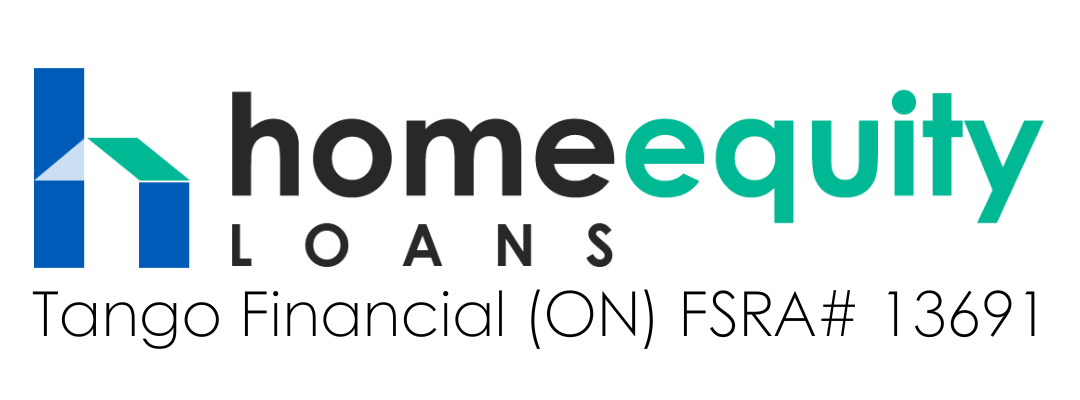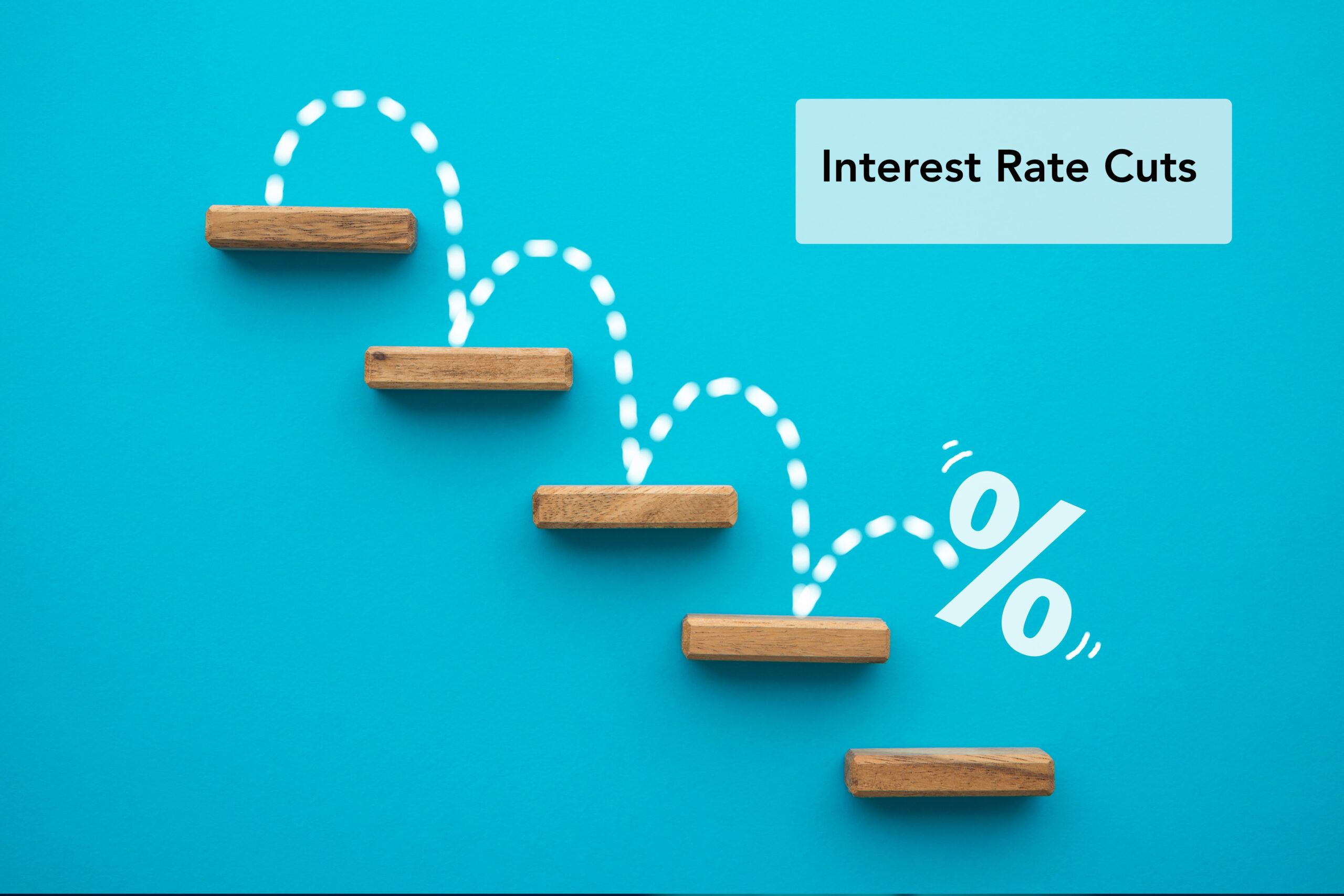Mortgage borrowers can access their home equity without selling it by getting a Home Equity Line of Credit (HELOC). However, if your application doesn’t fulfill the requirements, you may find that you are not eligible for this type of loan. But don’t worry. There are solutions to avoid a HELOC rejection.
Despite expectations that the Bank of Canada would increase interest rates this year, Canadians borrowed an astonishing $2 billion on home equity lines of credit (HELOC) in February 2022 — a record-breaking number since 2012. In this blog, we’ll discuss the reasons why you get disapproved for Home Equity Lines of Credit (HELOC).
Can I Be Denied a HELOC?
Yes, even if you assume that your equity qualifies for this loan type, there is a chance of being denied for a HELOC if you don’t meet their requirements.
Here are some factors to consider:
Your HELOC is secured by the home’s equity, making it a low-risk investment for the lender. However, this also makes it a higher risk for you if you can’t keep up with payments.
Lower APR
The annual percentage rate on a HELOC is usually lower than that of a traditional credit card, usually between 2-7%.
Length
A HELOC usually comes with a draw period, allowing you to access your available credit and only pay the interest that accumulates during the initial phase. However, you can choose to settle the principal amount during this time.
Top 4 Reasons for HELOC (Home Equity Lines of Credit) Disapproval
When reviewing your HELOC application and determining whether or not it will be approved, there may be certain factors within your control that can be the cause of a rejection. These include:
High Debt-to-Income
Your debt-to-income ratio, also known as DTI, is a critical factor that lenders will consider when assessing your eligibility for a Home Equity Line of Credit (HELOC). It measures how much of your income is already spoken for in terms of outstanding debt payments. To determine your DTI, divide the sum of your monthly debt payments by your gross income earned per month.
A Lack of Adequate Income
Having a high level of equity in your home is essential in determining your eligibility for a Home Equity Line of Credit, but there are other considerations. Lenders will also consider your income and whether or not they believe you can pay off the mortgage loan.
Insufficient Equity
HELOC is a type of loan secured by the home’s equity. You may be denied a HELOC if you need more equity. Generally, most lenders will require a minimum of 20% equity in your home to approve a loan of any amount.
Calculate the equity in your home by using this equation:
- Determine your home’s current value: This is what it is worth today, and it can be obtained from a real estate agent or an appraiser.
- Subtract your mortgage’s outstanding balance from your property’s current value.
When you apply for any loan, the bank will inspect your credit score. A higher score increases the likelihood of loan approval and favorable terms. So, make sure to pay off those debts on time – an excellent credit rating can offer tremendous benefits regarding loans and credit lines.

What To Do If You Get Disapproved for A HELOC?
If your application for a Home Equity Line of Credit (HELOC) has been denied, it can be a tough situation for anyone, especially if you need money now. Here are some possible solutions that you can do that may be right for you:
Try A Different Bank
Different banks have other criteria and standards for assessing risk. It may be worth shopping around to see if another bank will approve your application.
Ask For a Lower Credit Limit
Some banks may be willing to approve a lower credit limit or a credit limit with a higher starting APR if they see you as having a higher credit risk. While this may provide you with the money you need, a higher interest rate may lead to paying more in the long run.
Provide Additional Collateral
The collateral for a HELOC is typically the equity in your home, but if you need more, your bank may be willing to accept other assets as collateral. Keep in mind that if you cannot pay, you may lose not just your home but other assets, as well.
It’s worth noting that each option has its own set of pros and cons, and you must weigh them before deciding. Consulting with a financial advisor or a loan officer may help you make a more informed decision.
Long Term Solutions
Although there are numerous shortcuts to getting money immediately, these, of course, carry risks. If you have some time, consider exploring some long-term solutions that can pay off in a much safer manner.
Bide Your Time, and Don’t Rush
To build up equity, it’s critical to continue making payments on your mortgage loan. Hoping for a favorable market trend would be beneficial, too.
Increase Your DTI
This can mean either paying down your debt or increasing your income. Easier said than done, but you can try budgeting or picking up a second job if those are possibilities. Lenders will factor this in and look more favorably on you.
Boost Your Credit Score
To improve your credit score, review your credit report for any errors. Remember to address any outstanding balances as soon as you can.
Sell Your Home
If you’re looking to tap into your home’s equity, selling is a great place to start. As with most significant transactions, there are certain costs associated when you get closer to closing the deal – including paying for services rendered by real estate agents and taxes.
Secure the Best Loan Terms with a Professional Mortgage Broker!
If you feel overwhelmed and require guidance, don’t hesitate to consult a Home Equity Mortgage Broker. They possess knowledge of the industry as well as access to loan opportunities that may meet your financial needs. It’s essential not to forget that even if your home equity loan application is rejected, options are still available!
Home Equity Lines of Credit (HELOC) FAQs:
Can I Acquire a Home Utilizing a Home Equity Line of Credit and Mortgage?
Homebuyers may fund the purchase of their properties with a mixture of home equity and bank-backed mortgage. Depending on your preferences and budget constraints, this could be done via an adjustable or fixed loan.
If you opt for a line of credit, you can pay off the principal at any time as long as your minimum monthly rate is met. This loan will be repaid over its designated amortization period like any other fixed-term loan. If you’re looking to purchase a home using HELOCs and mortgages together, remember that these require an initial 20% down payment before anything else.
What’s The Difference Between A HELOC And Refinancing?
The primary difference between a HELOC and refinancing is that a HELOC allows the borrower to draw funds from their home equity as needed. In contrast, refinancing involves taking out an entirely new loan.
What Is the Best Way to Repay a Home Equity Line of Credit?
Home loans are not subject to the payback period and must be paid in full. Moreover, when you settle an existing loan, you will only need to cover a lower amount of interest than a traditional loan – plus no additional cost if the money has been withdrawn from your account.
Say Goodbye to Long Wait Times and High-risk Lending Options!
Unlock the full potential of your home equity with an innovative and secure solution from HomeEquityLoans.ca. Our team will work with you to design a personalized plan that fits your needs, giving you the financial flexibility, you need on your schedule—no more rejections for HELOC or other loans. Let us find the best way for you and your situation!




